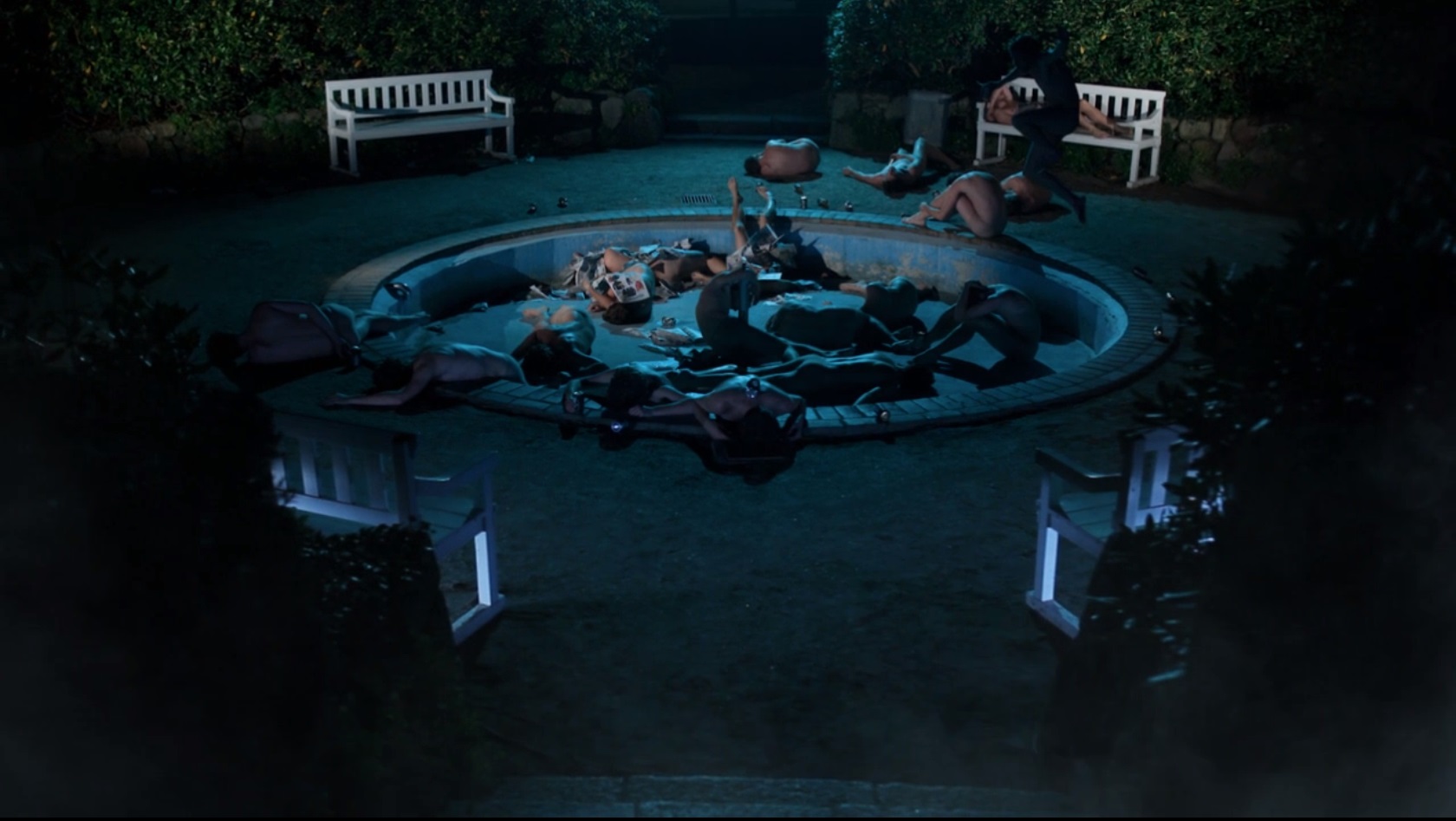Tobias Gundorff Boesen: With my love for imagery, I couldn’t have made “Ghost” without Andreas, my DOP. Though most everything is boarded, he makes sure it comes out great, lights everything beautifully, and improves on shots. Here again, my preproduction workflow helps us, as I know exactly the minimum we need to shoot. So we’re a really effective team, which is important on a low-budget film. I have a totally clear idea of how to composite the scene and what postproduction demands to consider during production, so there’s little fooling around.
I’m more open and flexible with sound design, as I realise my sound designer knows his field way better than I do, and capable of solutions I’d have never arrived at myself. If I have concrete ideas, I’ll talk them over with him – but his challenge is to formulate the dramatic purpose of the sound design – what it’s supposed to do, what its aim should be. I let him find a solution that works and meets the dramaturgic needs of the film, allowing a great deal of creative freedom.
Tobias Gundorff Boesen: My films are rarely fully financed, but rather made possible through favours, friends helping out, borrowing cameras, etc. Though it might sound amateurish, I think that the key to actually getting a film done is not to sit around for a year waiting for the bureaucracy of fund-seeking to magically give you the possibility.
I get extremely impatient, and just want to go ahead and get my hands dirty. So far it’s worked well, but I do acknowledge that this is possible only with low-budget stuff, and far more difficult as you progress, become dependent on an income, need a bigger crew, etc. But I think there is a lesson to be learned, which is: if you want to be a filmmaker, just start making making films. Waiting around for full funding and “the opportunity” won’t help that much in the long run. Go-get mental will-power.
Interview in parts
- TNF Presents:
Tobias Gundorff Boesen: Ghost (interview – part 1) - FILM = psychological experiment:
Tobias Gundorff Boesen: Ghost (interview – part 2) - Sound design for film:
Tobias Gundorff Boesen: Ghost (interview – part 3) - Protagonist in focus:
Tobias Gundorff Boesen: Ghost (interview – part 4) - TNF filmmaking guide:
Tobias Gundorff Boesen: Ghost (interview – part 5) - Film technique:
Tobias Gundorff Boesen: Ghost (interview part 6) - Crew, equipment, funding:
Tobias Gundorff Boesen: Ghost (interview – part 7) - TNF Hints:
Tobias Gundorff Boesen (Ghost interview – part 8)


